Weed in Pakistan: Cannabis Legal Status Guide
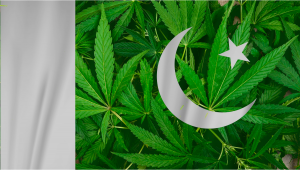
- 1. Cannabis laws in pakistan
- 1. a. Possession
- 1. b. Sale
- 1. c. Growing
- 2. Is cbd legal in pakistan?
- 3. Is it legal to send cannabis seeds to pakistan?
- 4. Medicinal cannabis in pakistan
- 5. Industrial hemp in pakistan
- 6. History and politics
- 6. a. Politics
- 7. Helpful hints
1. Cannabis laws in Pakistan
Pakistan, officially titled the Islamic Republic of Pakistan, is the world’s fifth-most populous country, with over 242 million residents and home to the second-largest Muslim population in the world. Famed for its hospitality and sporting excellence in the world of Cricket, Pakistani cannabis laws are perhaps a little less well known. In today’s article, we’ll take a deep dive into Pakistani cannabis as we examine whether weed in Pakistan is legal, the country’s history with the plant, and all the other pertinent details.
So, let’s begin by answering a simple yet always vital question - Is weed legal in Pakistan? Despite fairly widespread usage and the recently introduced industrial hemp legalization, cannabis in Pakistan remains illegal, with offenders facing potential prison sentences.
In a predominantly Muslim country, Pakistani weed usage is perhaps surprisingly more common than you might imagine, with many of the country’s population, both young and old, using charas and bhang to consume the plant. However, the Pakistani government has retained a hardline legal stance despite increasing international legality, albeit largely in the Western hemisphere. Indeed, anyone found to be in possession or involved in the distribution or cultivation of the plant in Pakistan could face serious consequences with fines, prison sentences, and even the death penalty being handed down to those falling foul of the law. However, in 2020 the Federal Government of Pakistan approved the legalization of hemp production, potentially opening the door to a softer approach to cannabis legality in the coming years.
Possession
While marijuana usage is said to be fairly common, with a 2013 report claiming that around 6.5 million people in the country consume cannabis regularly, possession remains illegal in Pakistan, with offenders liable to a fine or prison sentence. However, the enforcement of Pakistani cannabis laws varies widely depending on the region of the country.
For example, in the less industrialized areas in the northwest, there are said to be several cannabis farms and plantations, with law enforcement turning a blind eye to its ongoing production. As such, locals are able to sell cannabis in public without fear of arrest or prosecution. However, in other areas of the country, such as Islamabad, Faisalabad, and Multan, cannabis possession and usage are treated far more seriously, with offenders liable to be sentenced to anywhere between six months and two years for possession of the plant.
Sale
As with the possession of cannabis, selling the plant in Pakistan is also considered illegal under the Control of Narcotics Substance Act of 1997. However, as mentioned earlier, enforcement of the law varies throughout the country. However, in principle, anyone found selling up to 100gr of cannabis will be prosecuted with a prison sentence of up to two years typically handed down. For amounts between 100gr and 1kg, sentences can increase to seven years.
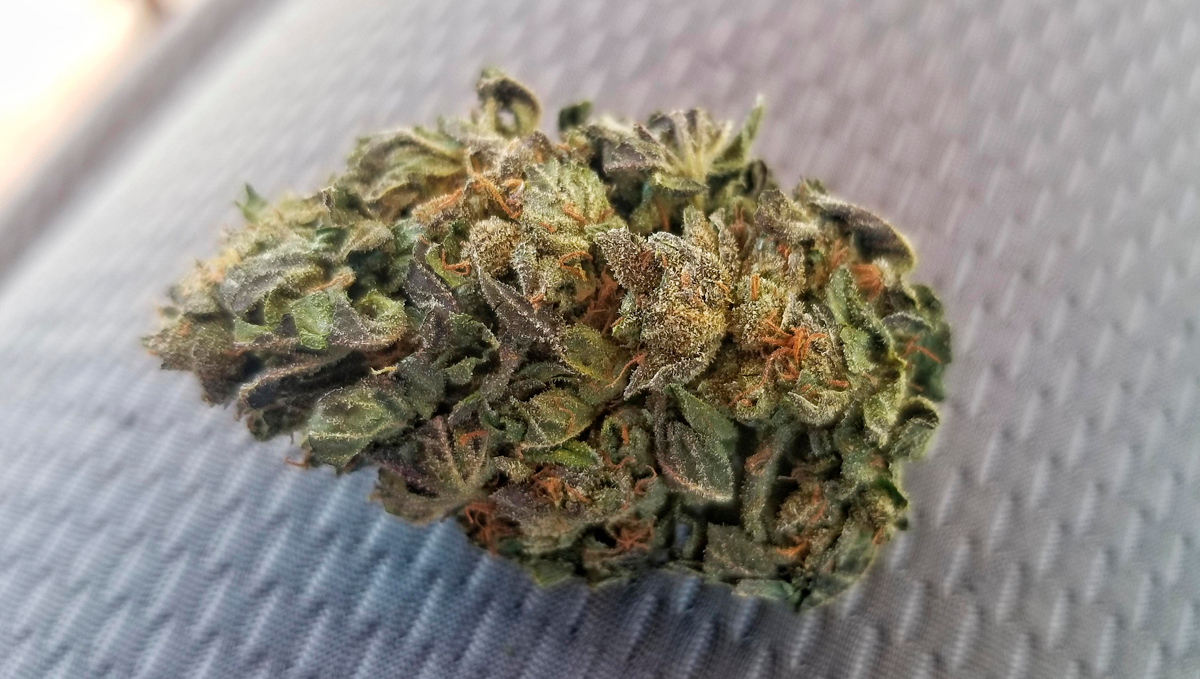
Significant fines may also accompany a lengthy stint behind bars. Beyond 1kg, the penalties for selling cannabis in Pakistan are the most severe possible, with a life sentence or even the death penalty and an accompanying fine of Rs1 million. While that might sound unlikely, pre-historic even, in May of 2022, a death sentence was handed out to a man found guilty of possessing 12kg of Pakistan hashish in Karachi.
Growing
The cultivation of cannabis in Pakistan is also illegal, and those caught with plants will face the same punishments outlined above. As a consequence of the Control of Narcotic Substances Act of 1997, cannabis cultivation remains strictly prohibited, with cultivators typically receiving prison sentences of up to seven years, as well as a substantial fine. However, one exception to the rule allows for the growing of so-called “narcotic plants” for “medical, scientific or industrial purposes”.
However, such activities are only permitted once a federally issued government license (or provincial government with the federal government’s authorization) has been obtained. Yet, despite the laws outlined above, cannabis remains widely cultivated in Pakistan, particularly in Northern regions and federally administered Tribal Areas. For example, the Tirah Valley is well-known for its sprawling cannabis fields.
This area is ideal for cannabis cultivation because of its warm climate and regular evening rainfall. This combination is perfect for thriving cannabis plants which are known to reach remarkable heights upwards of 2.5 meters. Indeed, weed from Pakistan is often said to be some of the finest that can be found anywhere across the globe. Unfortunately, because of the threat of both kidnapping and violence, only Pakistani nationals can freely enter these Tribal Areas without armed protection. In addition, many of the countries’ militias are based in these regions, and such areas are considered dangerous for tourists or foreign residents of the country.
2. Is CBD legal in Pakistan?
Yes - Following the 2020 decision to approve the domestication and commercialization of medicinal and industrial cannabis and hemp, a burgeoning CBD industry is expected to emerge in the coming years. With the legalization of Cannabidiol (CBD), Pakistan plants to export non-psychoactive hemp and other derivatives to international markets. Indeed, according to the Pakistani Minister for science and technology Fawad Chaudhry, the Pakistani hemp market could generate up to $1 billion in revenue over the next three years once research, cultivation, production, and exports for medical and industrial purposes are established.
3. Is it Legal to Send Cannabis Seeds to Pakistan?
Not specifically illegal, the sale of cannabis seeds is not technically prohibited; however, the law remains somewhat cloudy regarding the import and export of cannabis seeds. As such, we do not recommend sending seeds into the country.
4. Medicinal Cannabis in Pakistan
At present, there remains no access to medical marijuana in Pakistan, however, following the decision to legalize hemp in 2020, that looks set to change. In 2021, Pakistan Minister of Science and Technology, Shibli Farazthe, confirmed that the National Assembly’s Standing Committee on Science and Technology had specifically discussed Pakistan’s potential to join the ever-growing canna rush with a national cannabis policy expected in the coming months.
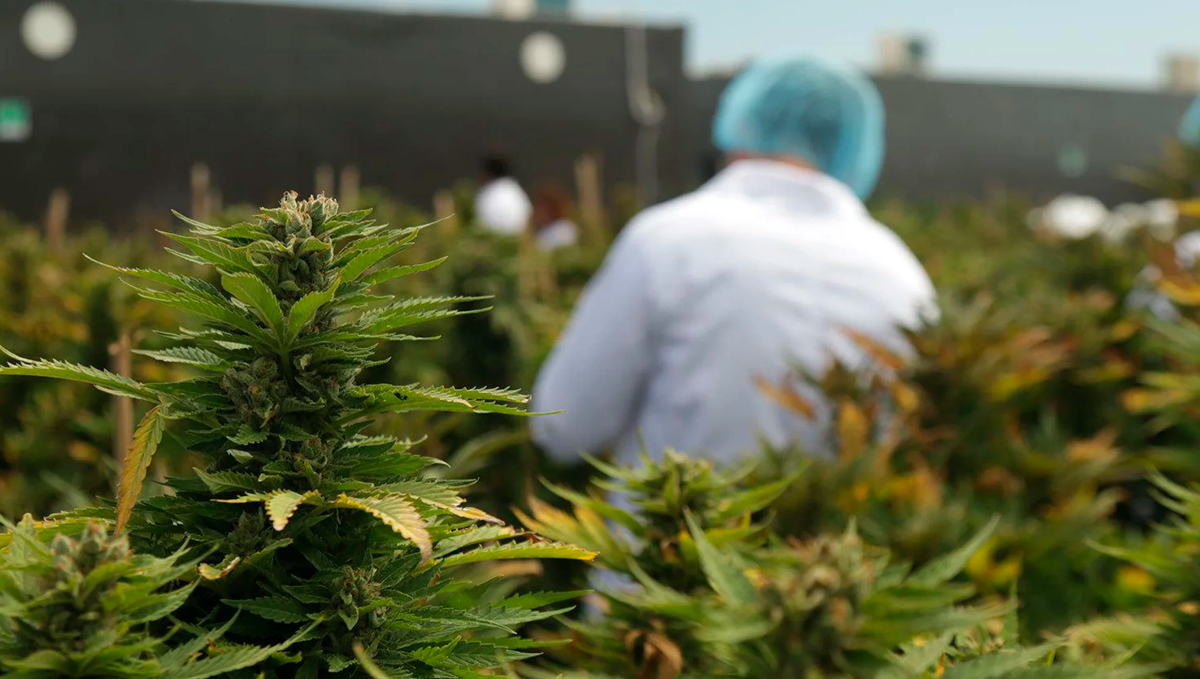
Experiments on cannabis oil have already begun, and the government has now approved four sites for growing medicinal cannabis in Lahore, Karachi, and Islamabad. Given that, it has been reported that the government intends to formalize the medical industry with a legislative framework potentially being established by the end of 2022.
5. Industrial hemp in Pakistan
The Federal Government of Pakistan approved the legalization of hemp production on Tuesday, Sep 1st, 2020. Given the natural abundance of cannabis in the country, the decision was seen as something of a no-brainer for a country that could add over $ 1 billion to its annual economy in the coming years. According to a report published in 2021, the Global Industrial Hemp Market is projected to be valued at a staggering $17.24 Billion by the year 2030. Now, Pakistan is looking to take advantage of the expected boom, with several hemp plantations scheduled to open in 2022 and 2023.
| Report Attribute | Details |
|---|---|
| Market Size in 2021 | USD 4.5 Billion |
| Projected Market Size in 2030 | USD 17.24 Billion |
| CAGR Growth Rate | 16.9% CAGR |
| Base Year | 2021 |
| Forecast Years | 2030 |
In late 2021, a Pakistani cabinet official harvested hemp in a ceremonial event for the nation’s first legal cannabis plants under the new government program launched earlier that year. Minister for Science and Technology Shibli Faraz attended the occasion at the Pir Mehr Ali Shah Arid Agriculture University, which has been permitted to grow hemp under a license issued by the government. According to local reports, CBD will be extracted from the crop with four different varieties of hemp having been harvested.
The Minister also confirmed hemp would be used for making textiles and paper. Whether local Pakistanis will have access to medicinal cannabis products or whether they will be solely exported remains a hotly debated topic, but for now, at least, Pakistan would appear to be moving towards an era of acceptance and opportunity with respect to the cannabis plant.
6. History and Politics
Like many countries, cannabis has a deep and rich history of usage within Pakistan, with its people are known to have been cultivating and using the plant for several centuries. Referenced in sacred Hindu texts and used for both medical benefits and holy rituals, cannabis usage in Pakistan actually predates the arrival of Islam. Cannabis usage gained further popularity in Pakistan during the 1960s, with the culture of the time ensuring its prevalence would spread across the globe.
It was during this time that the now famous hashish markets in Peshawar were first established. However, despite cannabis’s subsequent prohibition in Pakistan in the 1980s, its popularity has not diminished, irrespective of its continued illegality in the 21st century. Today, Pakistani Sufis continue to use cannabis and Pakistan hash in their rituals. Described as Islamic mysticism or asceticism - Sufism is a belief and practice that helps Muslims attain nearness to Allah by way of direct personal experience of God.
Politics
Cannabis has undoubtedly become a significant talking point in Pakistani politics in recent years following the legalization of industrial hemp in 2020. Having first banned cannabis in the 1980s, Pakistan has generally adopted a largely anti-cannabis approach. Both politicians and a proportion of the population believe that using the plant is against Muslim teachings. However, Pakistan is a country of divided politics, opinions, and religions.
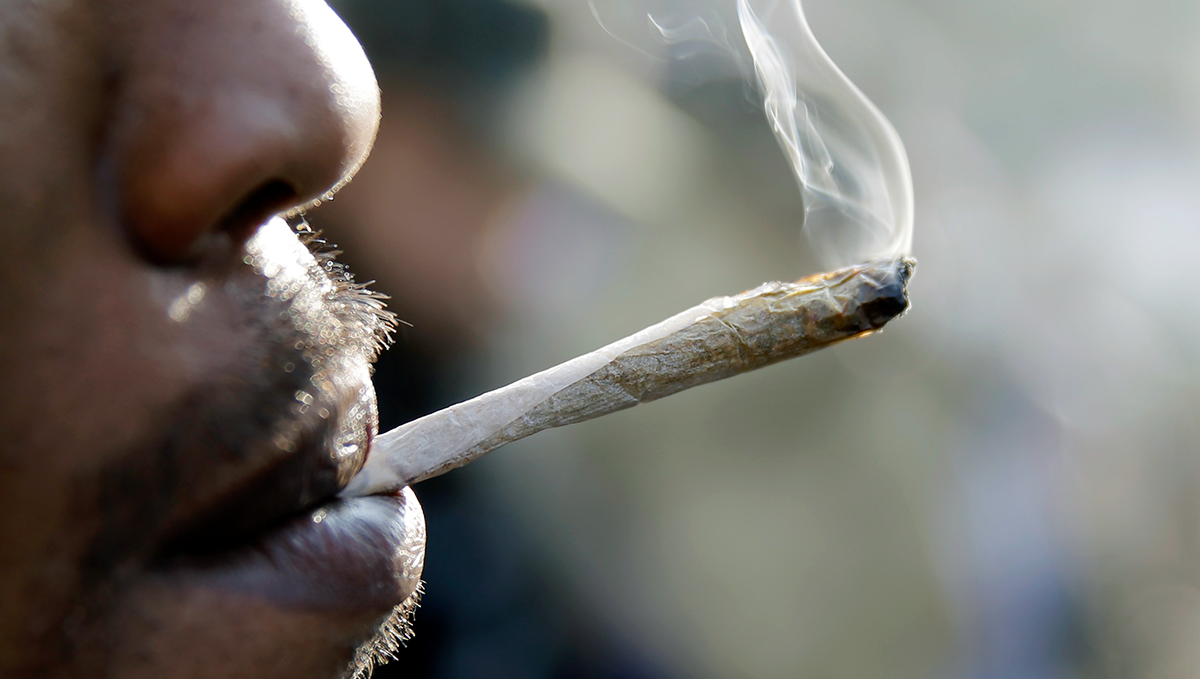
As such, the issue of cannabis is similarly divisive. Indeed, the Sufis and Hindus are among Pakistan’s religious communities who use Pakistani weed for “spiritual enlightenment”. However, because of its historical use in these religions, the police usually turn a blind eye. Recreational use is also fairly typical in large swathes of the country, with the plant being such a prominent part of the country’s history. With the subsequent legalization of the plant for hemp cultivation and medical cannabis production, Pakistan would appear to be on the path to full legality in the coming years.
7. Helpful Hints
A remarkable country with a deep history of cannabis use both medicinally and for religious ceremonies, cannabis does not carry the same stigmas in Pakistan that it does in many other countries. With the plant growing wildly throughout the country, it certainly makes sense for the Pakistan Government to adopt a more progressive attitude toward cannabis. For those traveling to Pakistain, cannabis may be readily available in certain areas; however, the application of the law is not even-handed.
As such, we always recommend exerting caution when consuming cannabis in countries where it has not yet been legalized for recreational use. Northern Areas are more receptive to cannabis consumers, yet if you are unfamiliar with your surroundings, smoking some of the local herb is perhaps ill-advised, with Pakistani police known to be somewhat inconsistent in who they consider worthy of arrest for cannabis use.
Western tourists are probably high on their list of potential “law-breakers”, and a Pakistani jail is probably not high on most visitors' sightseeing hitlist. If you want to find out more about cannabis laws from all across the globe, check out our in-depth Fast Buds blog section, where you’ll find all the latest cannabis news, grow tips, and so much more.
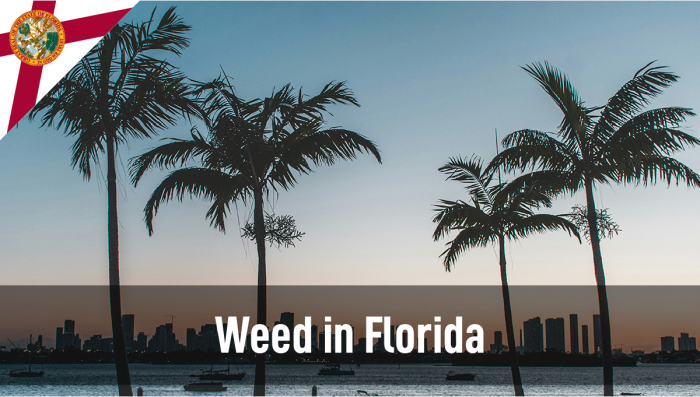








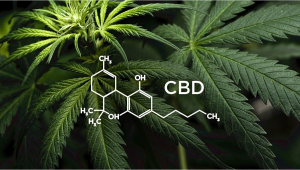

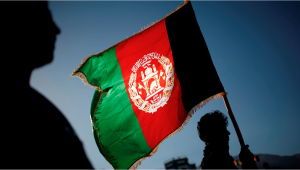



Comments